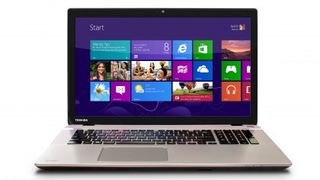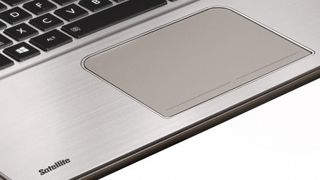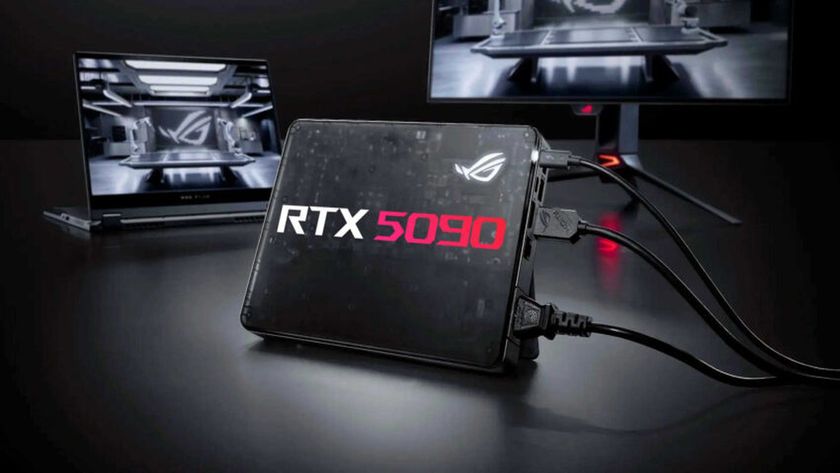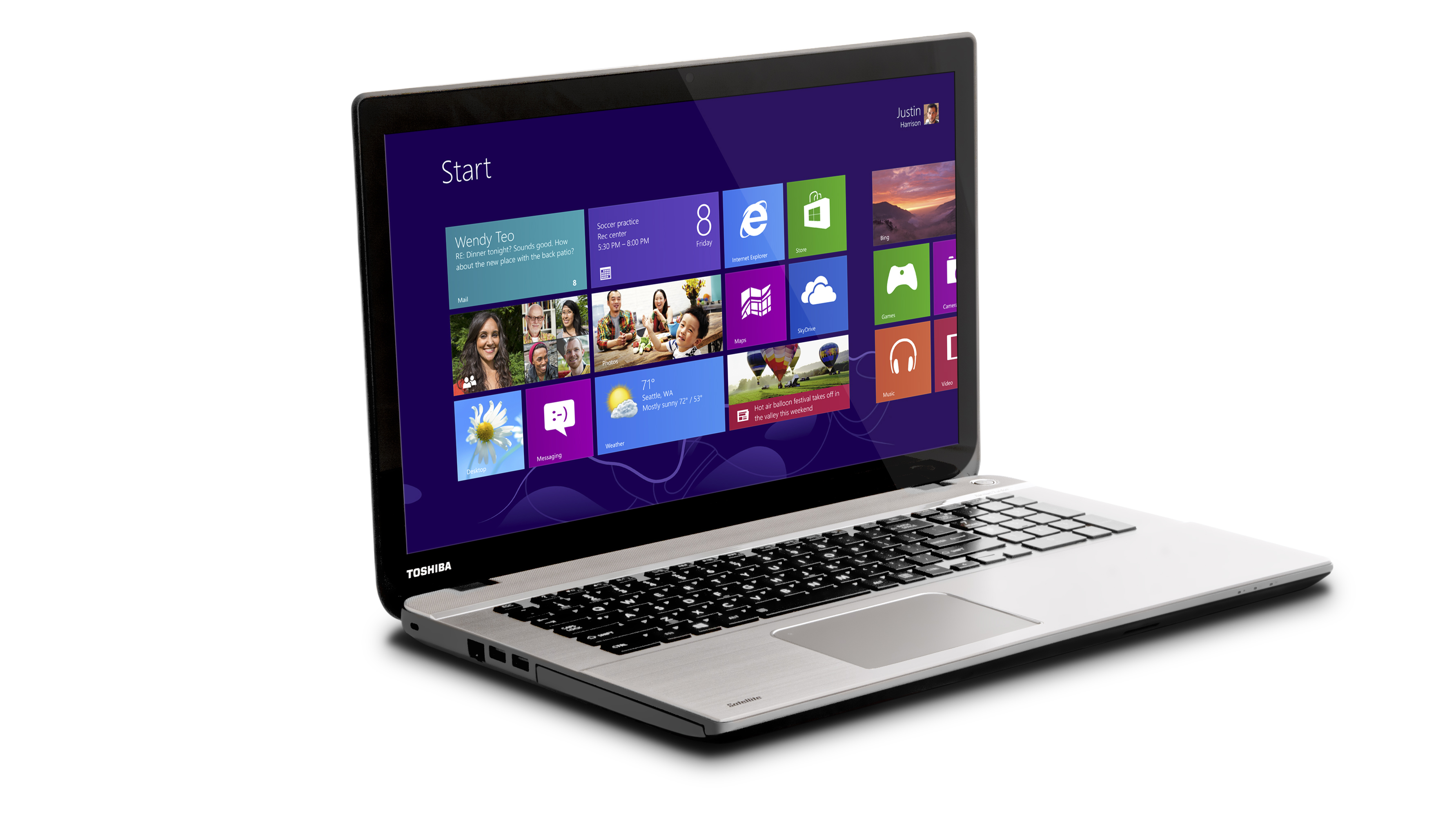TechRadar Verdict
The P70 has a potent processor, a versatile specification and a high-quality screen and speakers. It's not cheap, but it's worth the investment if you prize power and practicality over the charms of lightweight, low-power Ultrabooks.
Pros
- +
Powerful Haswell processor
- +
Great screen
- +
Good speakers
- +
Component access
- +
Good keyboard
Cons
- -
Poor battery life
- -
Average graphics performance
- -
Mediocre design
- -
No touchscreen
- -
No SSD
Why you can trust TechRadar
The laptop landscape is dominated by sleek Ultrabooks, but we're pleased to see machines such as the Toshiba Satellite P70-A-109 emerge - it's a larger laptop that has more versatility and power than any ultraportable notebook can hope to match.
It's built around a high-end Haswell processor, and the rest of the specification is suitably impressive: a discrete Nvidia graphics core, two hard disks, 16GB of RAM and a Blu-ray writer. The 17-inch screen has a Full HD resolution, too.
The Toshiba Satellite P70 needs to impress, though, because it's up against some heavyweight competition. The Samsung Series 7 Chronos - now known in some circles as the Ativ Book 8 - includes a powerful processor and a superb 15.6-inch screen in a sleek chassis, and the HP Spectre XT TouchSmart arrives with a swish all-aluminium build.

The 15.6-inch Asus Zenbook U500 mixes power with the reassuringly expensive stylings only found in Ultrabooks, and the final contender comes from Gigabyte. Its chunky P2742G has plenty of power, a 17-inch display, and reasonable battery life.
The Toshiba doesn't get off to a great start. Brushed aluminium is used for the base and the lid, and it looks good, but much of this machine is made from plastic - something that similarly priced rivals such as the Samsung and HP machines manage to avoid.
We don't like the look of the visible seals around the edges, either - it looks cheap in an age where unibody laptops are becoming more popular.
Build quality is only average, too - we pressed the base and the wrist-rest and there was a little too much flex for our liking. It's not as if the Satellite P70 is a lightweight laptop, either: its 34.1mm girth and 3kg weight make it bulkier than the 2.5kg Series 7 Chronos and the 2.25kg Spectre XT TouchSmart, and it's not far off the 3.2kg P2742G.

So it's not good-looking or light - but the Toshiba makes up for this with practical additions elsewhere. The keyboard has a firm base and a snappy, fast typing action, and the sheer size of this machine means there's room for a full-size number pad and no dodgy layout options - so you get large Return and Space keys.
The Satellite P70 allows for more internal access than we're used to seeing from more stylish unibody machines. A single large panel can be lifted away from the base, and it grants access to two RAM slots, the pair of hard disk bays and the wireless card.
Mike has worked as a technology journalist for more than a decade and has written for most of the UK’s big technology titles alongside numerous global outlets. He loves PCs, laptops and any new hardware, and covers everything from the latest business trends to high-end gaming gear.

How to watch SheBelieves Cup 2025: live stream women's soccer tournament online from anywhere, what TV channel, streaming info

Is that Asus's first portable heater? No, it's the new ROG XG eGPU with a 600w RTX 5090 card and (wealthy) creatives will love it

The US privacy nightmare? What's changed after 30 days of President Trump's new administration
Most Popular




